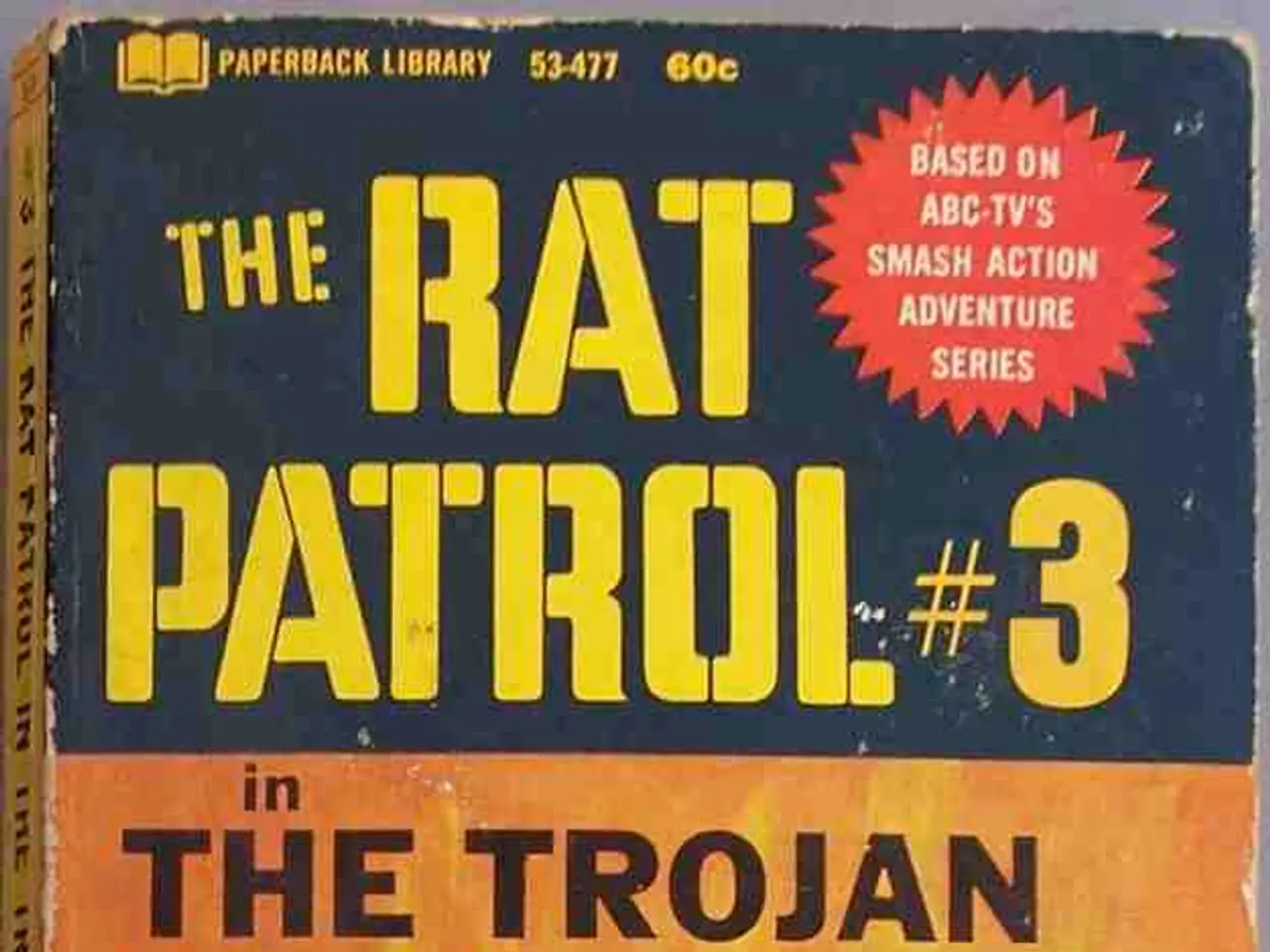Military deployment ordered by Trump challenges the boundaries of a nearly 150-year-old legal statute
The deployment of National Guard troops by the Trump administration in California and Washington D.C. has sparked legal controversies, with critics arguing that these actions violate the Posse Comitatus Act (PCA).
In California, Governor Gavin Newsom sued the administration, alleging that the deployment of over 5,000 federalized California National Guard soldiers and Marines to Los Angeles earlier in 2025 was a breach of the PCA. The troops were embedded with federal law enforcement agencies such as DHS and ICE, participating in immigration raids, arrest warrants, drug operations, setting up security perimeters, blockades, and on some occasions detaining civilians. California argues this constitutes an "active, direct role" in civilian law enforcement, prohibited by the PCA.
The administration, on the other hand, argues that the deployment was permissible under the PCA because troops were protecting federal property and officials. However, California counters this use is unprecedented and illegal.
In Washington D.C., the deployment of National Guard forces, including those from other states under “Title 32” status, to support law enforcement was also criticised as a legally questionable use of military forces. Initially unarmed, D.C. National Guard troops were later armed, a significant departure from prior practices during emergencies. This arming, along with the inter-state deployments, raised additional legal questions.
The legal interpretations and tests applied in these cases are crucial. California’s case applies three “applicable tests” derived from case law interpreting the PCA to demonstrate violations, including use of military forces to effect arrests or seizures, and performing enforcement functions rather than merely protection of federal property. The Department of Justice’s defense, however, relies on a narrow interpretation emphasising protection missions rather than law enforcement, and disputes that injury or harm required for a lawsuit under the PCA has been established.
Career military leadership and legal experts warn that the Trump administration’s broad theory for military use in civilian law enforcement is without precedent and conflicts with long-standing military law and PCA interpretation.
The decision in the California case could dictate how the administration uses the National Guard in other cities like Chicago and New York, where Trump has threatened to federalize troops. The practical question of how to enforce the Posse Comitatus Act leaves unclear legal standing for whether a state government like California’s has a right to sue in civil court in the first place.
The Posse Comitatus Act, enacted in 1878 following the post-Civil War era known as Reconstruction, was designed to keep the military from blocking the enforcement of Jim Crow laws that allowed racial segregation. The spirit of the PCA has roots going all the way back to the Revolutionary War, preventing the military from enforcing domestic law and investigating local crimes, overriding local law enforcement, or compelling certain behaviour.
In conclusion, the ongoing legal challenges in California and Washington D.C. highlight the complexities and uncertainties surrounding the Posse Comitatus Act. The administration’s deployments involved embedding federalized National Guard troops in active civilian law enforcement roles, particularly in California, with arming and inter-state deployments raising further PCA concerns in D.C. These have led to ongoing federal lawsuits, with California seeking court orders to enjoin such deployments as illegal under the Posse Comitatus Act.
Read also:
- Massive 8.8 earthquake hits off the coast of Russia's Kamchatka Peninsula, prompting Japan to issue a tsunami alert.
- Court petitions to reverse established decision on same-sex marriage legalization
- Proposed Standardization of Food Labeling Laws Among Member States by the Commission
- Current News: AfD Achieves 26% - Union Dips to Laschet's Level







